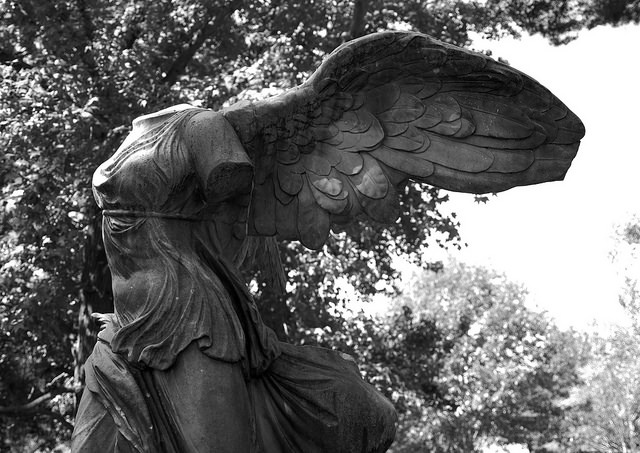How the first strangers met the coast guard
By Arturo Desimone
The maritime guards stopped the half-naked,
very tall animal-headed strangers
on their boats
Asked them “Show your papers, please”
“All we have
are these roses.
Yellow and red
given to us, a gift,
they were once showered upon us from the earth
shot from the first catapults, made to launch pure prayer,
to the clouds fecund,
seeds hit us in our faces, wounding our sleep
The throwers expected our thanks.
Flowers were carried to our mouths in our sleep
by the bearers, hoping
flowers of inedible gold would not descend back
that the shadows of the roots
would end in us.”
The guards brandished their weapons, lifting them from the hilt
guns shone like their aerodynamo-sunglasses,
shaven human heads dulled,
touch-screens of their phones bright, all iridescences worn
by opaqued minds of gendarmerie.
“It could be done without any weapon, muscle of titanium tin ton and iron,
muscle of love-borne waxwing-wind
without any of you enacting vapid designs
or tinkering, in defiance of us
and our plans for your present
and future omni-mud” the gods went on
”Remove the animal masks please” asked the police academy justice officers,
interrupting, calling in the higher-ranking managerial levels
of divisional security
and other devils that trample the waves and extolled winds.
They phoned them in
on their pink plastic hand-held radios.
the gods answered—But these are our faces.
Only angels tear off their own heads
Every morning, when it is cool they do it down by the lake
Arturo Desimone, Arubian-Argentinian writer and visual artist, was born in 1984 on the island of Aruba. At the age of 22, he emigrated to the Netherlands, then relocated to Argentina while working on a long fiction project about childhoods, diasporas, islands and religion. Desimone’s articles, poetry and fiction have previously appeared in CounterPunch, Círculo de Poesía (Spanish) Acentos Review, New Orleans Review, and in the Latin American views section of OpenDemocracy. He writes a blog about Latin American poetry for the Drunken Boat poetry review.
Photo credit: Helder Mira via a Creative Commons license.

